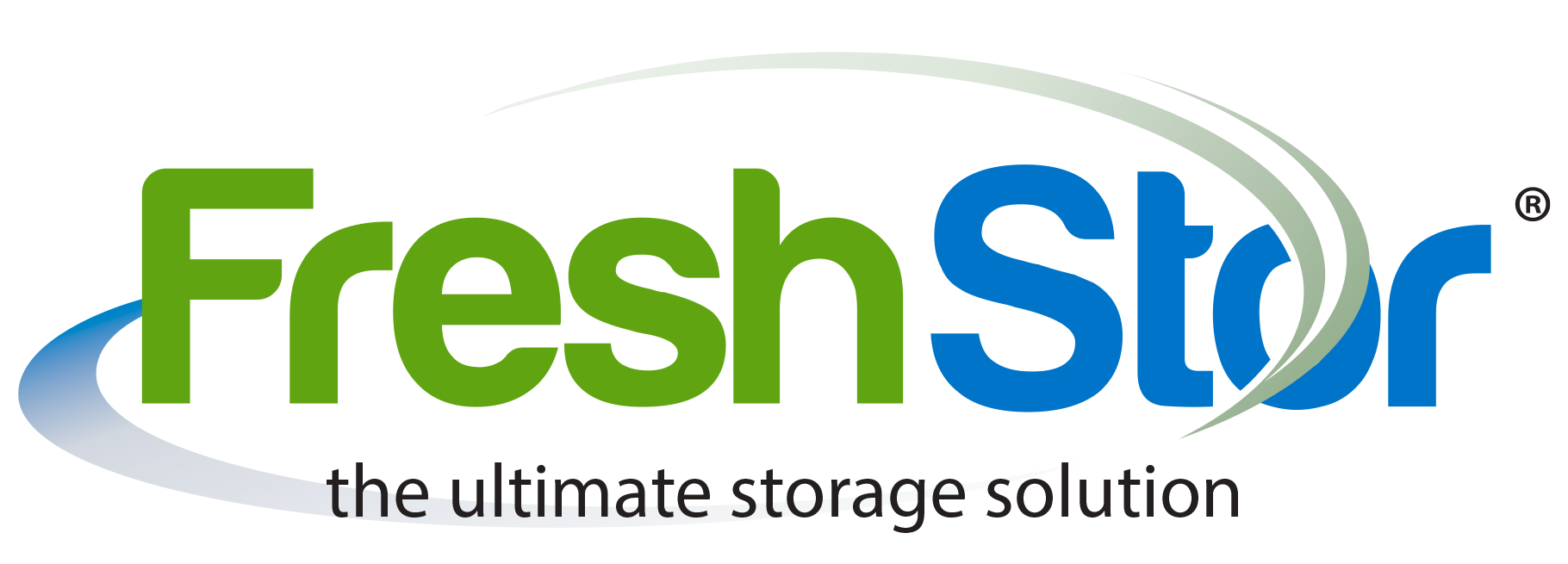Montana Faces Uncertainty with Newly Legal Cannabis

The uncertain status of cannabis as a newly legalized substance in Montana has officially moved to terra firma. On April 23, 2021, the state Senate passed a bill that had been passed by the House earlier in April, to legalize recreational marijuana and direct taxes on the drug to support addiction treatment and conservation programs as part of the Montana cannabis laws. As of April 27th, the Legislature has passed Senate-amended House Bill 701. After a wild ride that didn’t always follow protocol, it is now destined for the governor’s desk for signature. Per plan, retail sales of recreational Montana cannabis are slated to begin in late 2022 or early 2023.
Recreational Montana Cannabis Laws
The bill states recreational cannabis sales will be taxed at a 20% rate. From these revenues, which are anticipated to be $217 million in the first year and $234 million in 2024, the substance abuse prevention program, the HEART Fund, will annually receive $6 million; 20 percent of the remaining sum will go to Habitat Montana, a program to fund conservation easements. From there, 4% goes to parks, trail maintenance and non-game wildlife habitats, with several hundred thousand dollars then going to care for veterans and programs within the Department of Justice, followed, ultimately, by the general fund. Technically, cannabis has been legal for recreational use since January 1, 2021, when Initiative 190 went into effect. Medical cannabis was legalized by ballot initiative in 2004.
Additionally included in HB701 is a new requirement for medical marijuana growers: to keep operations confined to indoor environments such as greenhouses or hoop houses. This change would allow outdoor cultivation for only hemp production. The aim of this movement is to prevent cross-pollination between hemp and marijuana. According to researchers at Michigan State University, a single male cannabis flower can produce 350,000 pollen grains capable of traveling great distances in the wind. While some cultivators are in favor, as well as the state agriculture department, some medical marijuana growers object, noting the bill would impact the investments made in outdoor facilities. This group has also argued the cannabis industry is more lucrative and more established than the state hemp program, and therefore, should not be forced to adjust in favor of hemp. The amendment does grandfather marijuana cultivators who are licensed to grow outside as of November 3, 2020.
Further, local governments are able to ban marijuana operations, if granted permission from voters first. A seed-to-sale tracking system will be implemented, and licensees must be vertically integrated, however, licensed operators are permitted to sell up to 50% of the products grown or manufactured on the wholesale market to other cannabis businesses. HB701 calls for ten cultivation tiers, including a micro-tier of up to 250 square feet.
Cannabis Business Fees
Regarding fees and availability of cannabis business licenses in Big Sky Country, many advantages have presented themselves. Although only Montana residents can obtain medical and recreational cannabis licenses, there are no statewide limits on medical marijuana providers. Those existing providers will receive an exclusive opportunity to enter the recreational market for the first 12 months. Residents of the state have been accepting of the medical marijuana program, with patient counts reaching 3.8% per capita. Pepper Petersen, spokesman for New Approach Montana, the committee running the legalization campaign, said the residency requirement was carefully considered. “We wanted to make sure the people who participate have already proven their worth in the Montana system,” Petersen said. “It keeps things tighter and a little more homegrown.” As a precedent, however, residency requirements have been challenged in the other state courts.
Cannabis and Native Americans in Montana
In other news regarding Montana cannabis laws, the Montana-based Crow Tribe recently approved an ordinance to oversee its own cannabis cultivation and sales, with the tribe benefiting from the proceeds. Cannabis products will be sold by the tribal government at a sales tax rate of 7 percent. Thor Hoyte, legal counsel for the Crow Tribe, indicated the tribe would run its cannabis program parallel to the state, despite its sovereignty and not needing state permission. “Not only are we paralleling the state in terms of carry and transaction limits. The Crow Tribe is going further … in terms of the labeling, testing and that sort of rubric,” he said to the Independent Record. Hoyt also noted the industry would be a potential jobs driver in the Nation, which has a 75% unemployment rate.
Support the industry and protect your investment via FreshStor’s renowned CVault, the world’s smartest cannabis curing and storage container, as well as the new EVault that features upgraded 316 pharma-grade steel for secure and sanitary storage of plant extracts like cannabis oil, distillate, isolate, kief, etc. Today is the day!

